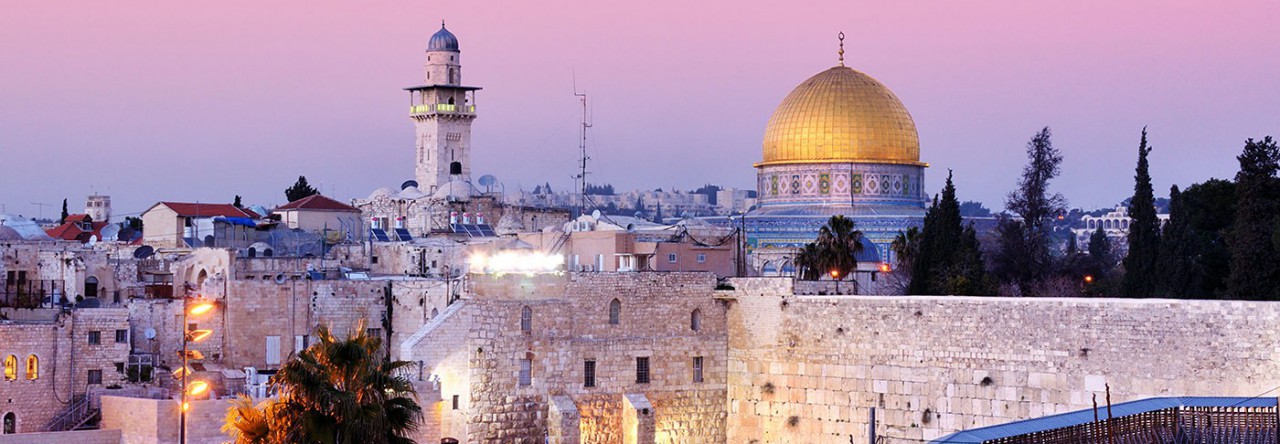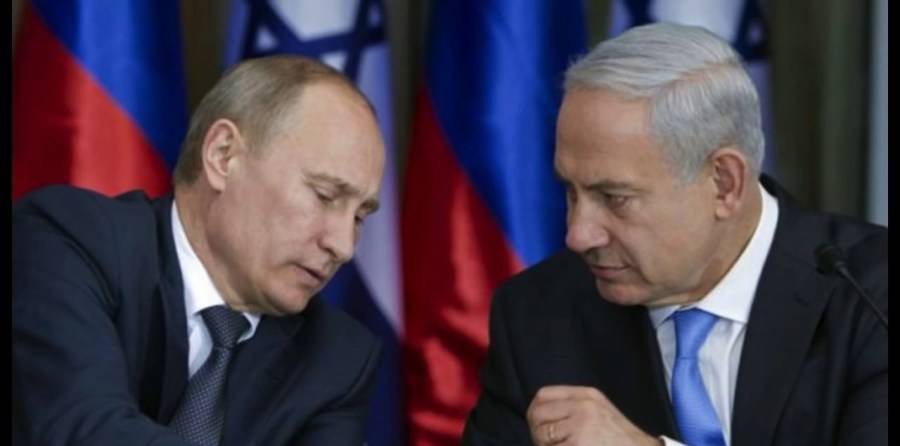As the Coronavirus (COVID-19) spreads around the world, there is no doubt that the entire world is facing an unprecedented situation. “Life as we know it, will never be the same” is becoming a common script amongst political and economic leaders.
Not six months ago, the idea that millions of people throughout our prosperous world would soon be confined to their homes for fear of a virus would have been considered ludicrous by most.
But for those who read Bible prophecy, the idea – now reality – fits right into what was prophesied to happen.
While the Bible doesn’t say anything specific about COVID-19, Christ prophesied that certain events would happen around the world prior to His return – events which are remarkably similar to what the world is experiencing now as a result of COVID-19.
What to expect
Lets take a look at what Christ said, in Luke 21;
“Then said he unto them, Nation shall rise against nation” – (v10)
The word “nation” in the original Greek is “ethnos” and refers to a multitude of individuals who are of the same genus or ethnicity.
In the last few years we have seen growing nationalism and populism around the world which has placed ethnicity and national identity into the spotlight. Since 2015, populism has brought Trump to power, divided the United Kingdom from Europe and has been the vehicle of growing success for global leaders like Putin and Xi Jinping. As populism grows around the world, it bears a strong resemblance to the populism that led to World War 2.
With severe restrictions on travel around the world and with world leaders pointing the finger at China for allowing this virus to go unchecked, nationalistic undertones are only escalating around the world.
Christ continues.
“And great earthquakes shall be in divers places, and famines, and pestilences (epidemics)” – (v11)
Christ explains that earthquakes, famines and edpidemics will occur, and over the last 20 years, the world has seen some huge earthquakes including the biggest on record – the Indian Ocean earthquake that hit 9.1 on the Richter scale in 2004.
Famines around the world are growing every day as economic disparity around the world increases. According to the United Nations, 820 million people were undernourished prior to COVID-19 and 697 million people were experiencing severe food insecurity.
Sadly these numbers are about to get worse – the United Nations ran some modelling which predicts that Coronavirus will cause global famines of “Biblical proportions” in just a matter of months, which will result in one billion people experiencing chronic hunger.
The word pestilences in the Greek means “plagues or epidemics”. The world has rarely experienced a pandemic that has had such a far reaching impact around the globe as that of the Coronavirus.
How the world will react
And what does Christ say will be the result of all these things that come upon the earth?
“And there shall be … upon the earth distress of nations, with perplexity” – (v25)
The Greek word “distress” means to “narrow, constrict, constrain” – these are words that have a remarkable resemblance to the overwhelming feeling of confinement that one third of the world experiences today as movement and travel is restricted, public places and events cancelled, and people are told to stay in their homes.
But even more significantly, the word Greek word “distress” used here in Luke actually originates from the Greek word “sunecho” and it describes someone who is “taken with” something – usually a disease or high fever. This same word is used both in Luke 4:38 and Acts 28:8 to describe people who were sick and taken by high fevers – and ofcourse our world now is in the grip of a virus that also causes a high fever.
The word perplexity originates from the Greek word ‘aporio’ which means “to be without resources” or “to be left wanting”. And already we have seen in the last few months, hospital systems completely overwhelmed whenever an outbreak occurs; not enough ventilators, not enough hospital beds, not enough face masks.
Christ continues.
“… men’s hearts failing them for fear, and for looking after those things which are coming on the earth” – (v26)
The fear and “fainting” here is referring to the mental and emotional anxiety, apprehension and fear that is proliferating as people worry about their jobs, their health, their lifestyles, and their lives.
The word “failing” in the Greek literally means, to “leave off breathing”. To be out of breath to the extent one faints or loses consciousness – and is that not what thousands of people around the world are experiencing as a result of COVID-19?
“… for the powers of heaven shall be shaken” – (v26)
And as fear proliferates, the powers of heaven (the governing leaders and institutions of the world) will be “shaken” – the Greek word means to “totter”. As a result of COVID-19 world leaders are shaken to the core, confused and lost as to what economic policies should be enacted, working furiously to keep health systems resilient, supply chains functioning and all the while, the global economy is tottering and on the brink of collapse.
When all these things begin to come to pass…
And Christ said, when all these things begin to come to pass, we can expect to see His return;
“At that time they will see the Son of Man coming in a cloud with power and great glory.” – (v27)
We don’t know exactly when Christ will return, or whether or not this pandemic will result in His return. But what we do know, is that the unprecedented situation which has been brought upon the world by COVID-19, is already creating a series of events that resemble those that Christ predicted would occur, just before His return.




